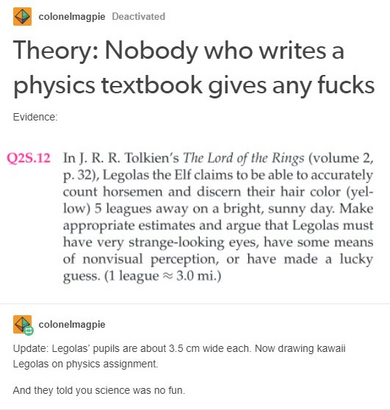
At one point in time Chromium tried to prevent busy loops inside unload / beforeunload by... overriding how the JavaScript Date object worked!? https://trac.webkit.org/changeset/48612/webkit
I’m going to tell you the story of the man who solved a crime.
Not, like, a cop who put together the clues and got his man, but a person who took a crime as old as civilization and fixed the problem where it got you in trouble.
The man: Artur Virgílio Alves Reis.
The place: 1920s Portugal.
The crime: Counterfeiting.
The problem he fixed: That the money is counterfeit.
(This is going to be a long . Just trust me.)
If you’re annoyed by those floaty prompts on websites to sign into them with your Google Account, you can turn them off for your Google account! Link: https://myaccount.google.com/u/0/permissions
https://heistak.github.io/your-code-displays-japanese-wrong/for background on this problem. The supplement of which contains this fascinating info on "discretionary ligatures"...
As a maintainer of OpenSource libraries and packages, there is something that kept feeling off in the whole Software Supply Chain discourse. I think this comes down to something simple.
I am not a Supplier.
You can read more explanation there https://www.softwaremaxims.com/blog/not-a-supplier
Some fun reads on memory safety in C++: https://cor3ntin.github.io/posts/safety/ and https://danakj.github.io/2022/12/31/why-subspace.html. As someone without much expertise or experience, it's still quite interesting to see smart people at work on such a hard, practical problem.
This article made me feel better about my relatively unorganized digital life and knowledge graph. The constant struggle of organizing information, versus actually using it to accomplish goals. https://borretti.me/article/unbundling-tools-for-thought
And another: whether text-predictors might take agent-like action to make future text easier to predict. You might think no, but consider the closely-related recommender systems, like the YouTube or Amazon algorithms...
Comment discussions: whether the structure of the transformer architecture is able to, in principle, carry out complex enough computations to simulate conscious minds.
Good discussion about the limits (or not) of simulators like ChatGPT. https://www.lesswrong.com/posts/MmmPyJicaaJRk4Eg2/the-limit-of-language-models
(Warning: The post is structured strangely. It starts by arguing for unlimited simulation power, and then counterargues. Don't give up early. The comments also have good discussion.)
That is: George gave Kathy his heart. The very next day Kathy gave George's heart away to Andrew. How does that … work?
(Figurative) hearts are not traditionally a transferrable asset. Kathy could give *Kathy's* heart away, but not George's.














